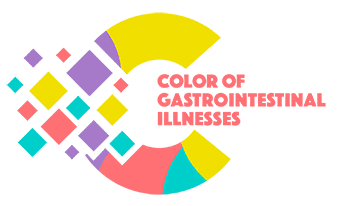“I did everything that I was supposed to do. I went to college. Got a job. I am paying for my health care so why can’t I afford the medication for a condition that I never asked to be diagnosed with?”
When Joshua was 25, he enrolled in his employer’s health insurance plan, but his only choice was a high deductible plan which meant that the same medication that he was previously paying $20-25 per month shot up to an unaffordable $600 per month.
Josh turned to creative, but potentially hazardous ways to continue to take his medication. Josh resorted to cutting his recommended dosage in half and even went two to three weeks without medication while he waited for his pay check to arrive.
He described this as one of the most painful experiences of his adult life. Josh tried to use manufacturer coupons to help with medication costs, but those were hit or miss and didn’t always cover deductibles which can range from $500 to thousands of dollars and eventually expire.
Josh feels that insurance companies should be held accountable and coupons should be allowed to cover any and all costs. He would like to see patients maintain their dignity and their quality of life which occurs when they can afford to take their prescribed medication.


